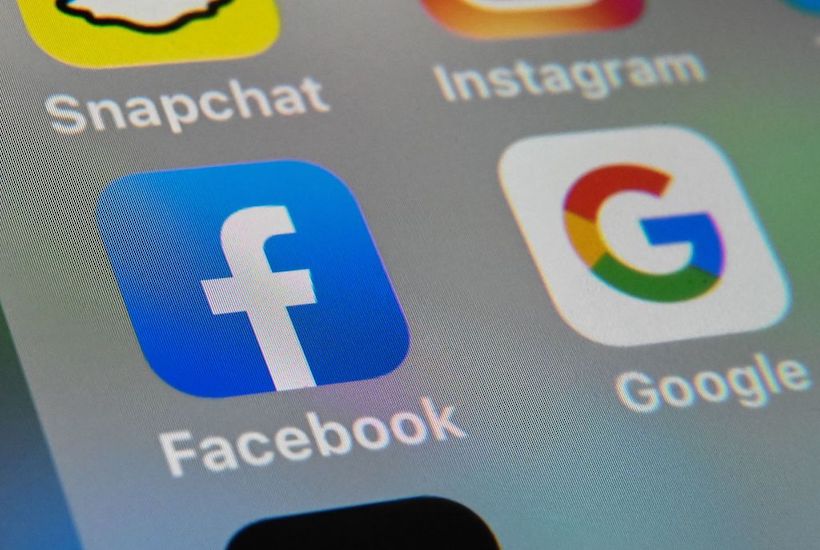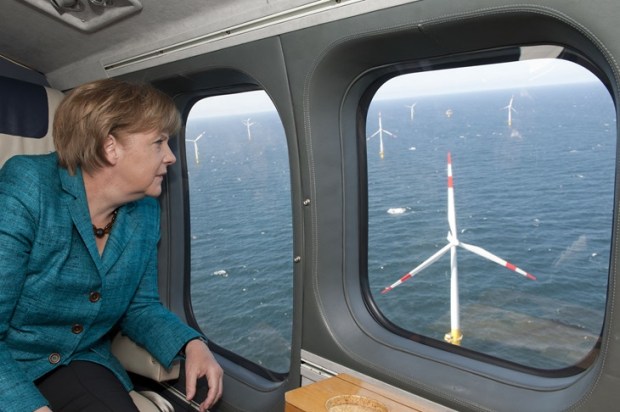The federal parliament has passed the so-called ‘News Media and Digital Platforms Mandatory Bargaining Code’. Despite the name, and the cheering from politicians and media sycophants, there actually won’t be too much actual mandatory bargaining.
Some weeks ago Google ran an ‘experiment’ that removed Australian news sources from its search. Ironically this experiment was discovered when a News Corp journalist was attempting to Google articles published in his own paper – rather than the internal, and inferior, search engine provided by his paper for use by subscribers. Yes, dear reader, the free search engine provided by Google is better than one provided to paying customers of News Corp. Despite some governmental face-saving talk that Bing might substitute for Google in Australia, the government very quickly announced some ‘technical’ amendments to the legislation that made its operation more amenable to Google.
Then Facebook actually carried through on its promise to geo-block news on its Australian site if the legislation went ahead. Despite this threat being both public and contained in the explanatory notes to the legislation – perhaps parliamentarians don’t read the explanatory notes – this action seemed to catch parliamentarians by surprise. Certainly, Canberra’s public response was incoherent. Facebook, we were told, was simultaneously a non-credible source of fake news while being irresponsible in preventing Australians from accessing news. After some frantic phone calls from Treasurer Josh Frydenburg to Mark Zuckerburg again the government made some ‘technical’ amendments to the legislation. Facebook is sufficiently satisfied and will restore news to its Australian platform.
The upshot is that the Australian government has saved face and we have legislation that, seemingly, won’t actually apply to anyone. In the meantime, we will hear a lot (again) about Australia being a middle-ranked power that punches above its weight with world-leading reform that will be quickly emulated by others such as the EU and Canada.
At face value, this looks like a skirmish between rent-seekers and government. The legacy media has conned the government into fleecing more efficient competitors. That certainly was my initial explanation. But as more information has come to light, there might be another explanation.
The immediate puzzle is this: Why would the Australian government be concerned about a dispute between News Corp – an American multinational corporation, albeit with Australian origins – and Facebook and Google – also American multinational corporations. It couldn’t really be about public-interest journalism as the Australian government already funds the ABC to the tune of $1 billion per annum to perform that role.
It turns out that both Facebook and Google are developing news type applications on their platforms and will be buying access to media to provide to their users. Ironically this reunites the production of media content with advertising. That media model had initially been disrupted by Facebook and Google. The simplest solution would have been for Facebook and Google to simply buy media companies outright. But that strategy would mean that the platforms had become publishers. Takeovers of that nature would also attract hostile attention from global competition regulators. So what is plan B?
Plan B is to be ‘forced’ to buy media by a competition regulator.
Facebook and Google will be entering into media purchase arrangements and rolling that out in applications for their users. Users will have a huge choice of media stories and journalists to read from a variety of sources. Why maintain a personal subscription to a single media source when Facebook and Google provide multiple sources at no personal cost?
In time Facebook and Google will become a tad more selective about what they pay and are willing to post into their applications. I suspect before ten years have passed that the existing media companies will effectively be operating gig economy style labour hire operations. Working journalists will be typing content for the platforms at minimum wages and superstar columnists will be doing very well for themselves. In the meantime, Facebook and Google will retain their non-publisher status, control the media that their users see, and leave the legacy media companies to bear all the costs and risks of being a media company.
Reasonable people can debate whether this outcome is desirable or not. I have mixed views. What is very clear, however, is that this outcome is not the policy objective. The Australian government, and competition regulator, has been out-manoeuvred by the platforms. Australia has created the regulatory environment that will facilitate an increase in the market reach of both Facebook and Google. This ‘world-leading approach’ will be adopted by other jurisdictions.
The fact of the matter is that Australia simply does not have the power to somehow tame global multinational corporations. It is arrogant to think that the Australian government can force foreigners to comply with its will. This is especially so when those foreigners can deny access to their product and ultimately bend the Australian policy environment to their own best interests.
Sinclair Davidson is a professor of Institutional Economics with the RMIT Blockchain Innovation Hub at RMIT University.


























Comments
Don't miss out
Join the conversation with other Spectator Australia readers. Subscribe to leave a comment.
SUBSCRIBEAlready a subscriber? Log in